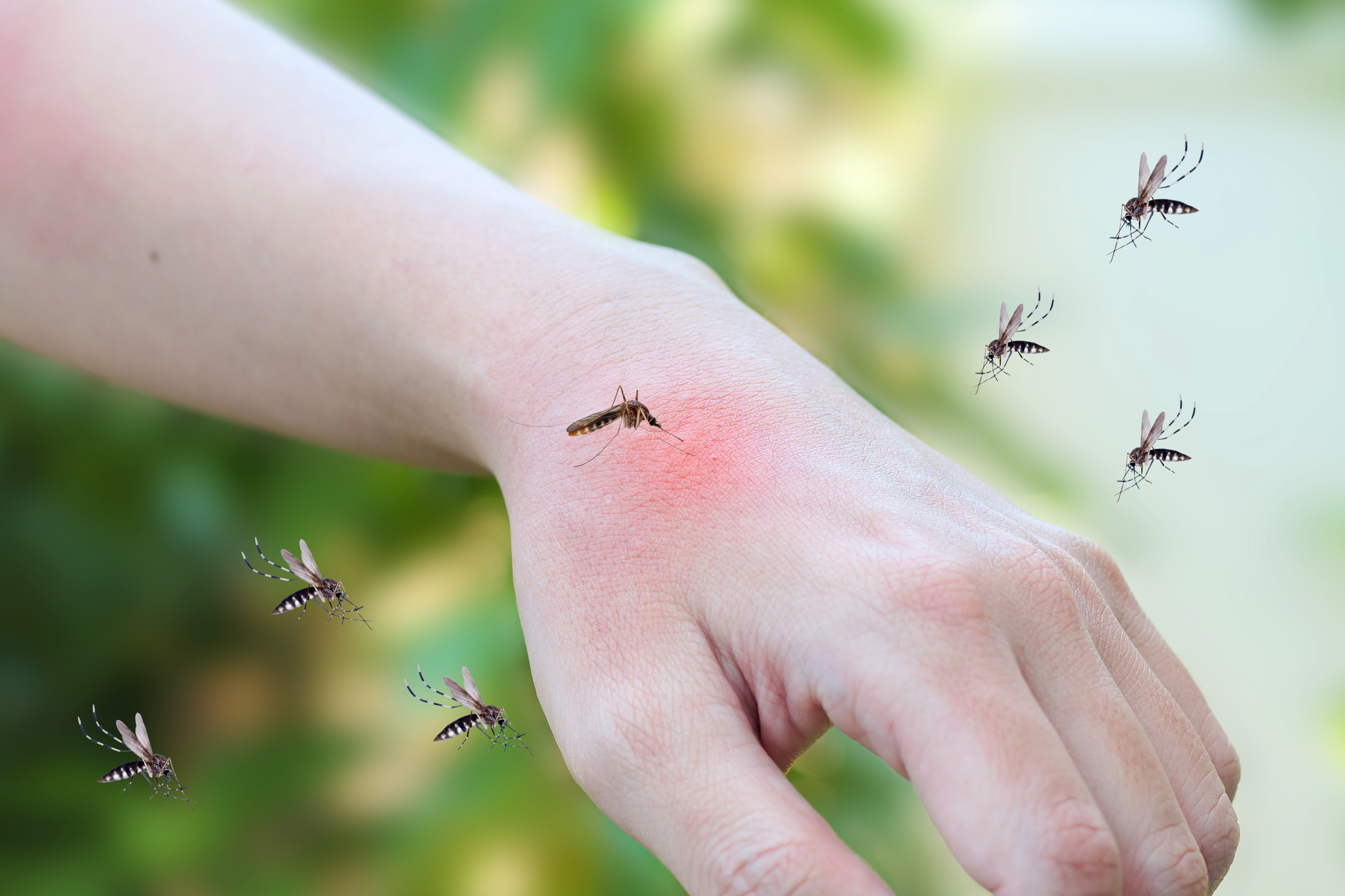Is it true that certain blood types are more prone to dengue fever?

Dengue fever, a mosquito-borne viral infection, has become a significant public health issue in many tropical and subtropical regions worldwide. The disease is primarily transmitted by Aedes aegypti mosquitoes, which are also responsible for spreading other illnesses such as Zika virus, chikungunya, and yellow fever. Dengue fever can range from mild flu-like symptoms to severe forms such as dengue hemorrhagic fever or dengue shock syndrome, which can be life-threatening.
Symptoms of dengue fever typically appear 4-10 days after the bite of an infected mosquito. These can include high fever, severe headache, pain behind the eyes, joint and muscle pain, rash, and mild bleeding (such as nose or gum bleeding or easy bruising). In severe cases, it can lead to more serious complications that require hospitalization.
The management of dengue fever primarily focuses on supportive care, as there is currently no specific antiviral treatment available. Preventative measures are crucial, including eliminating mosquito breeding sites, using insect repellent, and wearing protective clothing.
Interestingly, some studies suggest that individuals with blood type O may be at a higher risk for dengue fever. These studies indicate an association between blood type and susceptibility to the disease, although it is important to note that these findings are preliminary and require further research for confirmation. Therefore, while this potential link is intriguing, it remains a topic of ongoing investigation within the scientific community.